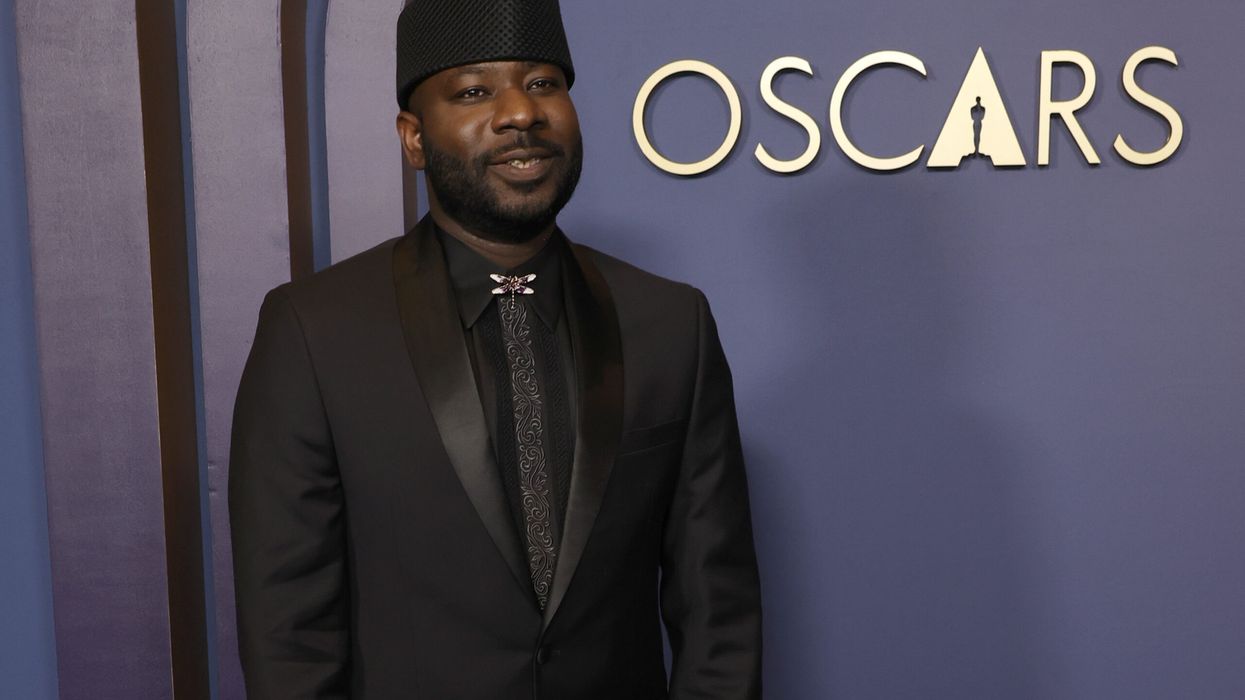Filmmaker Blitz Bazawule, renowned for his direction of the critically acclaimed The Color Purple, is set to direct the upcoming Black Samurai film for Warner Bros. The project will tell the story of Yasuke, a samurai of African origin who fought under the Japanese warlord Oda Nobunaga in the 1580s.
According to Variety, Warner Bros. secured the rights to Black Samurai after a competitive bidding process. The film will reunite Bazawule with the studio, which also backed his 2023 musical drama The Color Purple, featuring stars such as Taraji P. Henson, Danielle Brooks, and Colman Domingo.
Bazawule, who is a Ghanaian filmmaker, author, and musician, will write the script and produce the film under his banner, Inward Gaze. His previous projects include feature films such as The Burial of Kojo and Black Is King, as well as the short film Diasporadical Trilogia.
The story of Yasuke has long inspired artists to create works based on his unique history as an African samurai in Japan. Recently, a Netflix animated series titled Yasuke featured voice acting from Lakeith Stanfield.
Black Samurai presents an opportunity for Bazawule to bring Yasuke's remarkable story to the big screen, shedding light on a lesser-known chapter of history. The film aims to offer audiences an exciting and fresh perspective on the life of this extraordinary historical figure.
With Bazawule's proven expertise in crafting compelling narratives and his previous successful collaboration with Warner Bros., Black Samurai is anticipated to be a captivating cinematic experience for audiences worldwide.




